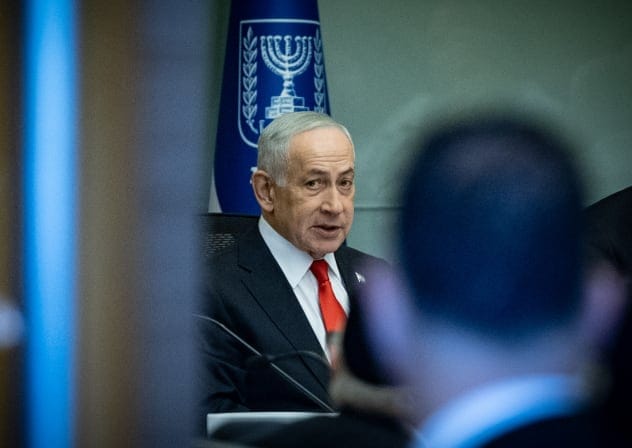Netanyahu trial hearings canceled this week following death of presiding judge’s mother
According to the statement, the mother of Judge Oded Shaham passed away, and all of his hearings have been canceled through Sunday in accordance with customary bereavement leave.













